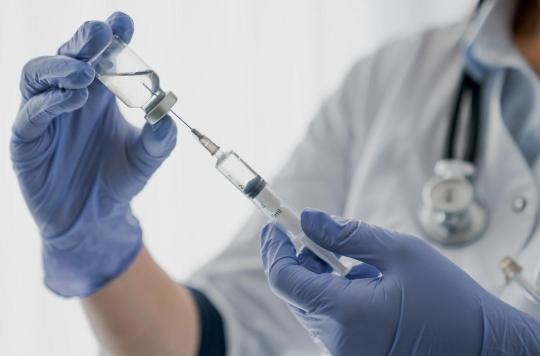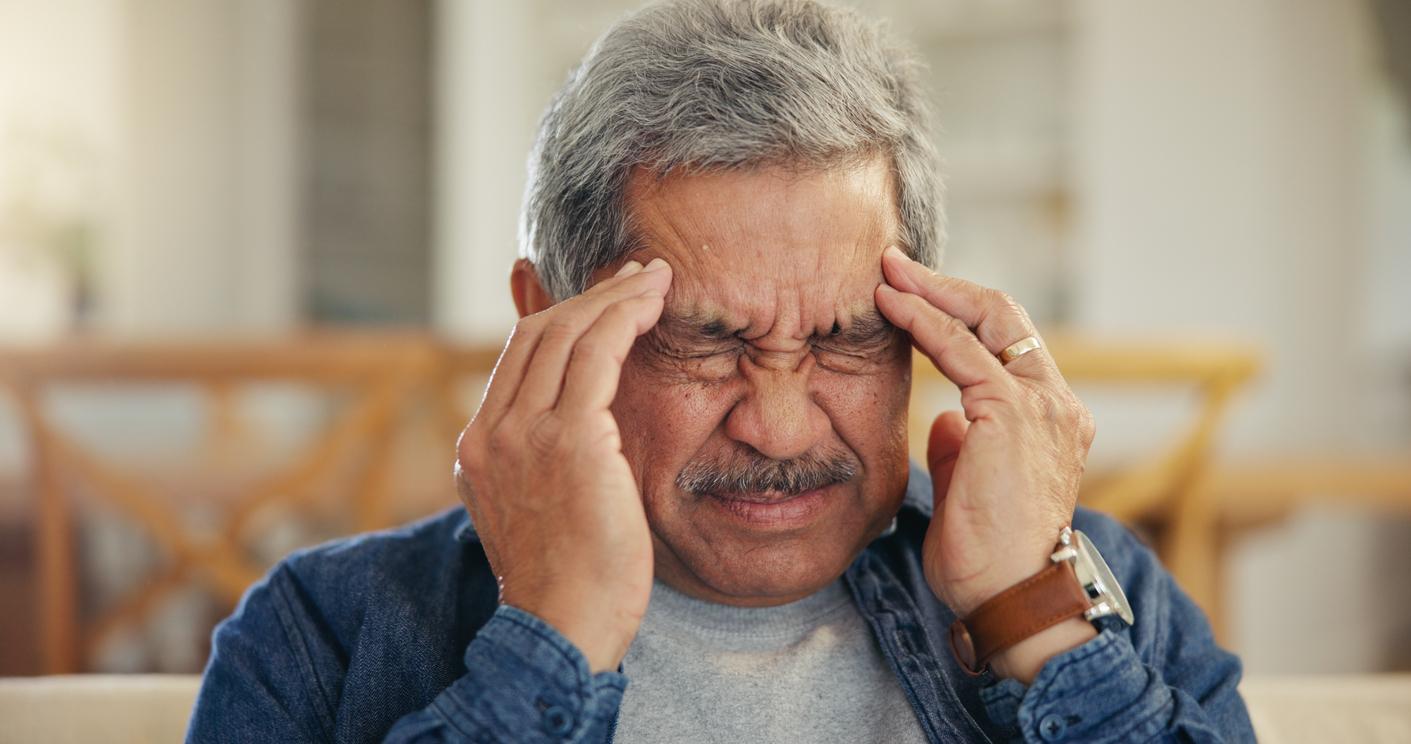The High Authority for Health issued an opinion to the government on Friday in which it recommends injecting only one dose of vaccine to former patients. This would produce an immune response as, or even greater than, two doses administered to a person who has never been infected.

- The injection should be done at least 3 months after the infection.
- An exception for immunodeficient people, in particular those who are on chemotherapy or infected with HIV, for whom two doses of vaccine are recommended.
Are the two injections necessary for the full effectiveness of the vaccines to provide immunity to its host suitable for people already infected? This Friday, the High Authority for Health (HAS) issued advice to the government in which it proposes to introduce to these people a single dose of vaccine, between three and six months after infection, without adding a second injection.
#COVID19 #vaccination | A single dose of vaccine for people who have had Covid-19:
▪ symptomatic or not
▪ confirmed by a PCR or antigen test
▪ regardless of the age of the infection✅ They are protected for at least 3 months by post-infectious immunity pic.twitter.com/kMZ66Sncpe
– High Authority for Health (@HAS_sante) February 12, 2021
An injection between 3 and 6 months after infection
HAS bases its decision on of the work of the Society for Infectious Pathology in the French language, published on January 11, as well as on pharmacovigilance data recorded on the vaccine developed by Pfizer and four pre-published studies since the beginning of 2021. All these data point to the same conclusion: one dose of vaccine injected at a former patient produces an immune response as, if not more, important than two doses administered to a person who has never been infected. A fifth study, prepublished in medrXiv on February 8, claims that former patients vaccinated once with the Pfizer-BioNTech vaccine produced not only antibodies but also killer cells that attack cells infected with the virus. A double defense that seems effective against the classic strain of the virus and against variants.
HAS claims that former patients suffer more adverse effects after the injection of the first dose of vaccine, including fatigue and fever. Proof of their profile”reactogenic” which is similar to that of people never contaminated after their second injection.
Rule out long Covids
The HAS also indicated that this injection must take place three months after the appearance of the first symptoms for “ward off long covids”, she had already indicated to Why Doctor on February 4th. She adds that “in the current state of knowledge, reinfections seem to be infrequent events over the six-month period after the first episode, including in the context of high exposure (healthcare workers).” The injection must thus take place between three and six months after the infection, “preferably with a delay close to six months”, she specifies. It adds an exception for immunodeficient people, in particular those who are on chemotherapy or infected with HIV, for whom two doses of vaccine are recommended at least three months after infection.
People who discover the infection after the first injection put on hold
Finally, for people who discover their infection after the first injection, the second dose should be delayed. They “should not receive this second dose within the usual time frame, but within six months and not earlier than three months after infection”, she advised. Questioned at the beginning of February by Why Doctor, the HAS had then indicated that the clinical trials on the various vaccines provided data concerning this type of case which showed that the first dose of vaccine is without danger for them. “After the first injection, the researchers realized that some asymptomatic volunteers had already been infected. If they were excluded from the trial, they continued to be followed and no adverse effects were detected.”


















